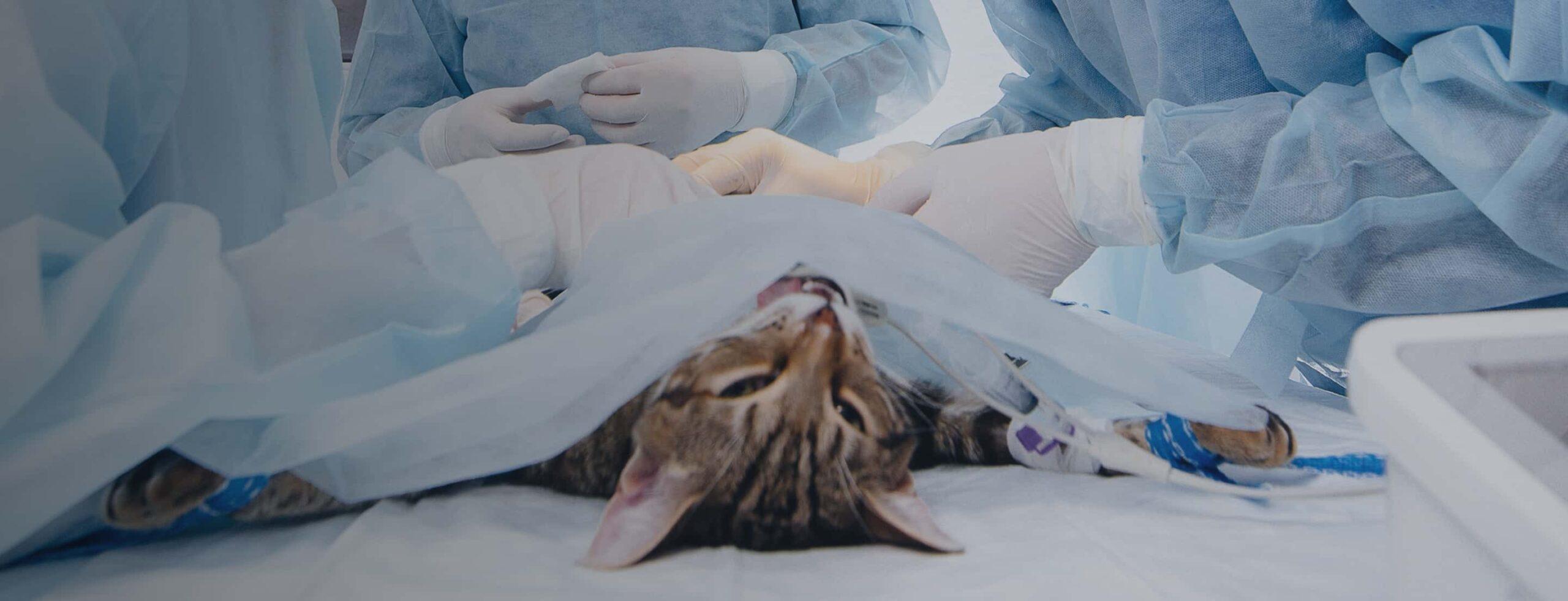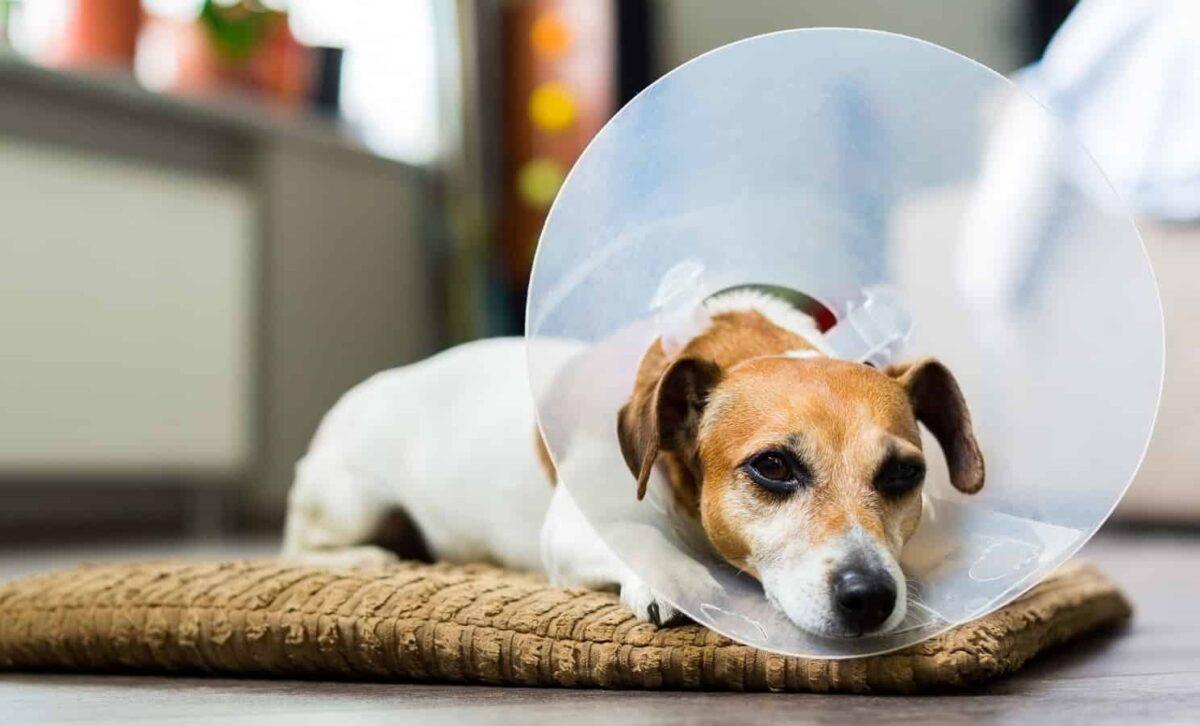Abdominal & Soft Tissue Surgeries
We perform a variety of soft tissue surgeries based on your pet’s unique health needs, such as:
- Hernia repairs
- Intestinal resection
- Liver biopsies
- Spleen or gallbladder removal
- Abscess or cyst drainage
Bladder Stone Removal (Cystotomy)
Bladder stones can be painful and lead to dangerous blockages. When stones cannot be dissolved through diet or medications, surgical removal may be needed to restore your pet’s comfort and urinary health.
C-Section (Cesarean Section)
If a pregnant dog or cat is having trouble delivering her litter, an emergency C-section may be required. This surgery helps ensure the health and safety of both mom and babies, especially in high-risk pregnancies.
Dental Surgery
Oral health is closely linked to overall health. If your pet has severe dental disease, broken teeth, or oral infections, we provide dental surgeries including:
- Tooth extractions
- Abscess drainage
- Oral tumors or growths
We also perform professional cleanings under anesthesia to protect your pet’s teeth and gums.
Ear Hematoma Repair
An ear hematoma occurs when blood collects between the skin and cartilage of the ear flap, often due to shaking, scratching, or trauma. Our veterinarians can safely drain and repair the ear, preventing recurrence and promoting proper healing.
Eye and Ear Surgeries
We offer surgical treatment for conditions affecting your pet’s eyes and ears, such as:
- Cherry eye repair
- Eyelid mass removal
- Enucleation (eye removal, when necessary for severe disease)
- Ear canal tumor removal or treatment of chronic infections
Exploratory Surgery (Laparotomy)
When the cause of your pet’s symptoms isn’t clear, exploratory surgery allows us to look inside the abdomen to diagnose conditions such as:
- Foreign body ingestion
- Intestinal blockages
- Internal bleeding
- Organ abnormalities
This type of surgery is often used in emergency situations with symptoms like vomiting, lethargy, or lack of appetite.
GDV Surgery (Gastric Dilatation-Volvulus or Bloat)
GDV, also known as “bloat,” is a life-threatening emergency where the stomach fills with gas and twists. Immediate surgery is critical.
Mass & Tumor Removal
Whether your pet has a visible lump or an internal growth discovered through imaging, we can surgically remove masses and send tissue samples for diagnostic testing. Early removal can prevent complications and provide peace of mind, especially if cancer is suspected.
Laceration Repair
Accidents happen. If your pet experiences a deep cut or traumatic injury, we provide emergency wound care and suturing to stop bleeding, reduce infection risk, and support healing.
Spay & Neuter Surgery
These routine procedures help prevent unwanted litters and protect your pet from certain reproductive and hormone-related health conditions. Spaying and neutering also support better long-term behavior and quality of life.

